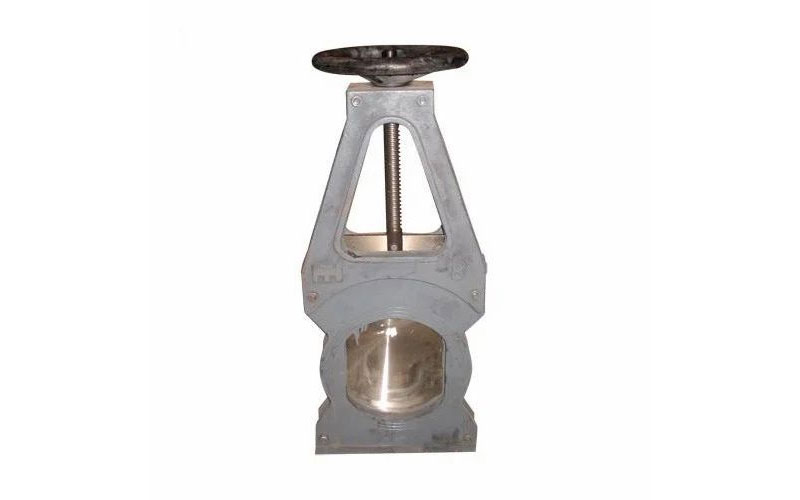In industries such as paper manufacturing, textile processing, and food production, managing fibrous slurry flow is a complex task. These mixtures, filled with suspended fibers and solids, present challenges in terms of consistency, pressure, and material buildup. That’s where pulp valves come into play. Designed to control the flow of fibrous materials, these valves ensure smooth and efficient operations, minimizing downtime and enhancing system performance.
Pulp valves are especially useful in settings where other types of valves might struggle. Slurries made of wood pulp, recycled fibers, or similar materials can clog standard valves, cause leaks, or lead to unnecessary wear and tear. A well-designed pulp valve can handle these abrasive and thick mixtures without compromising on functionality or durability.
Why Managing Fibrous Slurry is Different
Fibrous slurry is not like water or oil. It’s often thicker, unpredictable in behavior, and can contain a variety of suspended particles. In industries where such materials are transported and processed regularly, the flow needs to be accurately controlled to avoid blockages and maintain product quality.
The consistency of fibrous slurry can vary, which adds another layer of complexity. If the flow isn’t managed well, it can lead to fiber loss, pressure imbalances, or even equipment damage. This is where pulp valves make a noticeable difference. Their robust construction and specialized designs allow for efficient isolation, regulation, and control of fibrous mixtures without creating bottlenecks in the system.
Key Features of Pulp Valves
Pulp valves are built with durability and precision in mind. They usually feature a full-port opening to allow the free passage of slurry without causing any fiber entrapment. This design helps maintain the flow rate and avoids disruptions during operation. Some pulp valves also include knife edges or sharpened discs that can cut through thick material buildup, ensuring the valve doesn’t get stuck.
Materials used in pulp valves are typically resistant to corrosion and abrasion. Stainless steel and other reinforced alloys are common, as they offer longevity even in harsh working environments. Some valves may also include rubber or elastomer linings to further reduce wear when handling gritty or fibrous media.
Ease of maintenance is another benefit. Pulp valves are often designed to be disassembled and cleaned without needing to remove them entirely from the pipeline. This reduces downtime and keeps systems running smoothly.
Industrial Applications
Pulp valves find their primary application in the pulp and paper industry, where controlling fiber-rich slurry is part of daily operations. They are also used in wastewater treatment plants, chemical manufacturing, and food processing units where fibrous or viscous materials are moved through pipelines.
In many cases, these valves are installed in pipelines carrying recycled paper stock, wood chips, or chemical pulp. They can be used at various stages—from refining and washing to bleaching and final production. Their ability to work reliably in these demanding settings makes them an essential part of modern industrial setups.
Finding the Right Pulp Valve Supplier in Ahmedabad
Choosing a reliable pulp valve supplier in Ahmedabad is important for any business looking to upgrade or maintain its fluid control systems. Suppliers in this region often provide valves that meet international standards and are built to perform in rugged industrial conditions.
A good supplier will offer a range of options, such as knife gate pulp valves, pinch valves, or high-performance variants suited for specific pressures and slurry consistencies. Additionally, access to after-sales service, spare parts, and installation support ensures long-term reliability and performance.
Conclusion
Pulp valves play a crucial role in handling fibrous slurry across multiple industries. Their design, durability, and functionality help maintain consistent flow, prevent clogging, and reduce operational disruptions. As industries continue to handle more demanding materials, the importance of reliable pulp valves will only grow. For those operating in fiber-intensive sectors, partnering with a dependable pulp valve supplier in Ahmedabad can provide the necessary equipment and support to keep operations running at peak efficiency.

